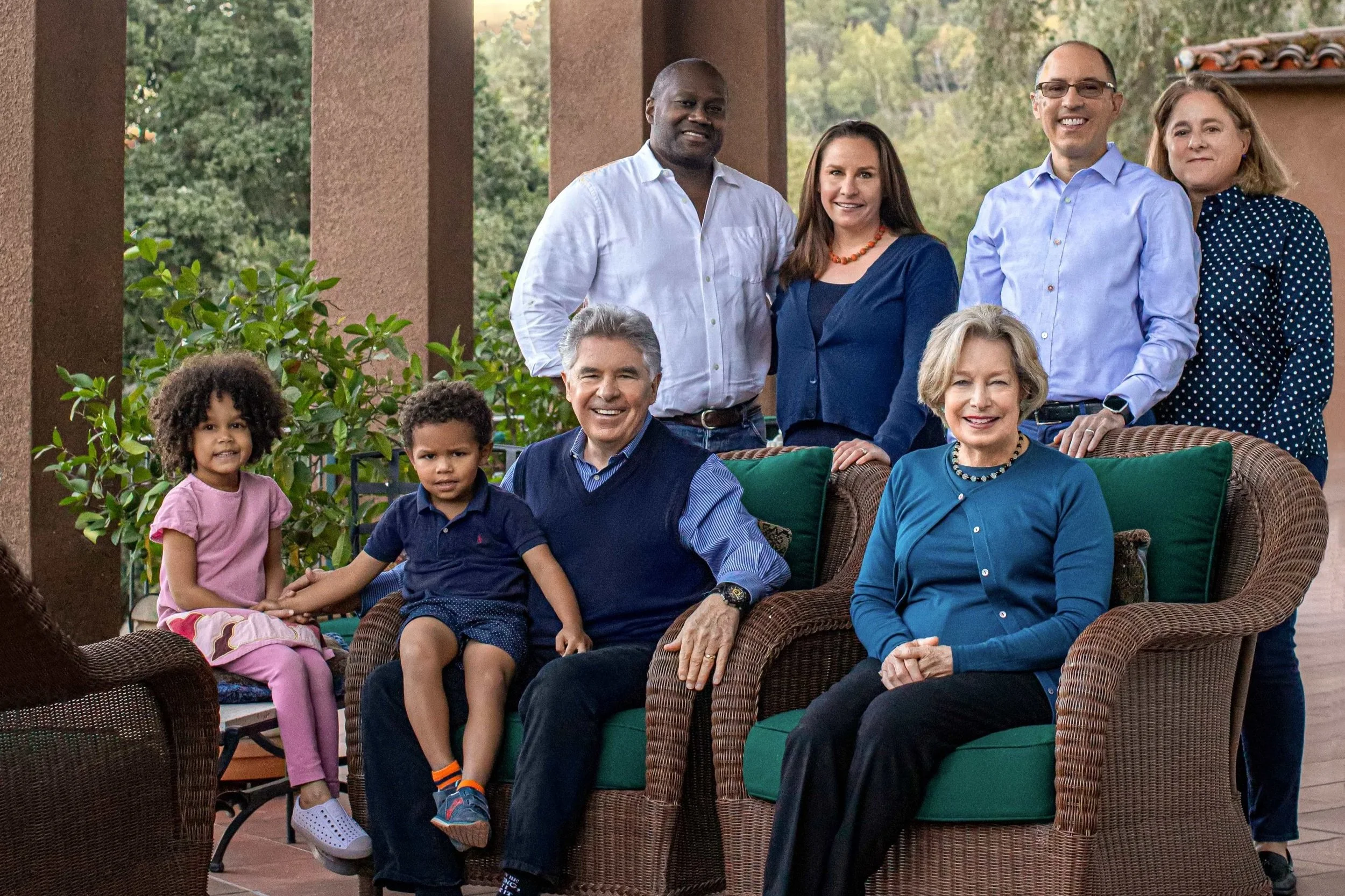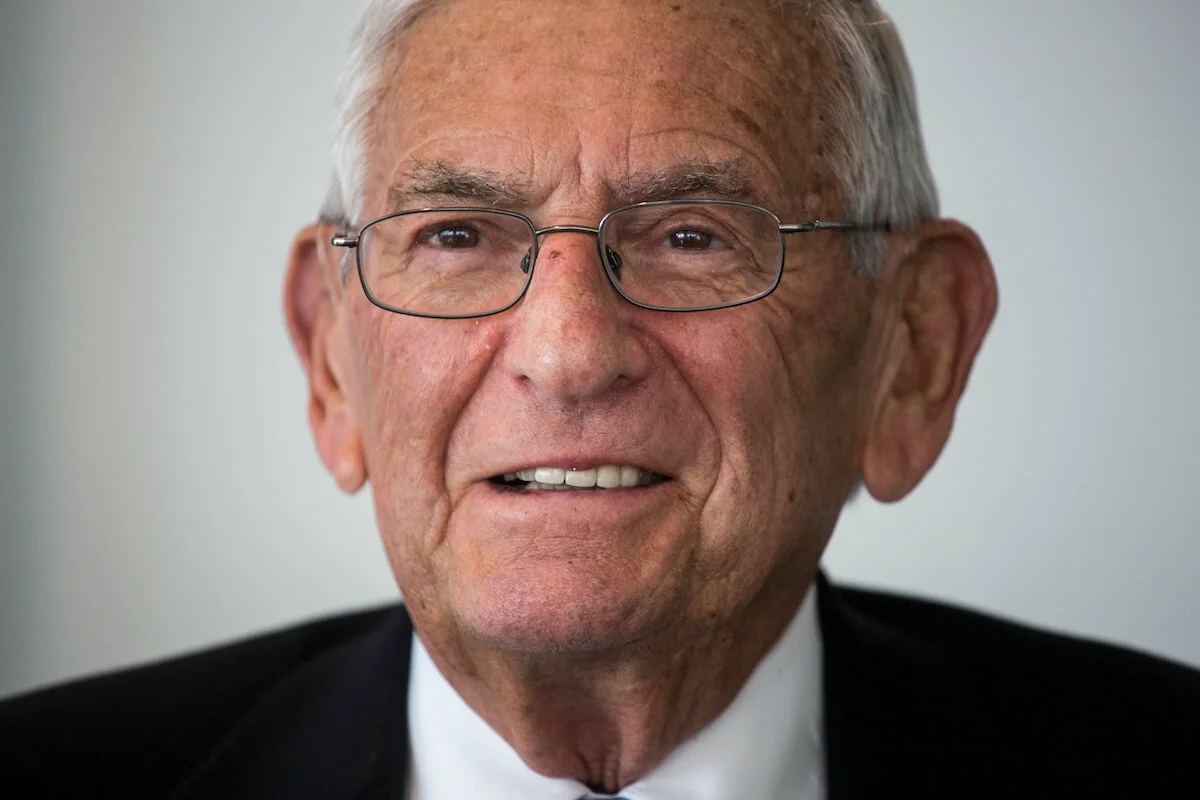Can a Venture Philanthropy Model Disrupt Dementia Research?
/goa novi/shutterstock
Diseases of dementia, including Alzheimer's, the most common form of dementia, are among medicine's toughest challenges. Hundreds of clinical trials of potential treatments have failed. Promising leads have disappointed. Some drug companies have reportedly given up on the market entirely. With some 47 million affected by dementia globally, and an aging population of the U.S. and other countries expecting an even heavier burden, it's clear a new approach is needed to combat this condition.
One novel response to the problem of dementia has been the formation of the Dementia Discovery Fund (DDF), a public-private fund created in 2015 in a collaboration between the U.K.'s Department of Health, nonprofit charity Alzheimer's Research U.K. (ARUK), and seven big pharma companies.
DDF says it's the world's largest venture capital fund focused entirely on a single disease. Its scientific advisory board has neuroscience and drug discovery experts from several of its constituents organizations, as well as independent advisors.
DDF says it has so far raised $350 million. Until recently, its biggest funder was Bill Gates, who kicked in $50 million.
Not surprisingly, dementia is a key interest of AARP, the advocacy organization for older Americans, who are, of course, at a greater risk for such disorders. The outfit recently became the DDF's biggest investor, committing $60 million through its Brain Health Fund.
The DDF says it intends to "kick-start a different approach to dementia research by applying the venture capital model, common in Silicon Valley, to fund research toward new therapies."
This isn't the first example of philanthropic dollars backing a venture approach to biomedical research. Last year, for example, we covered a new fund launched by the Juvenile Diabetes Research Foundation (JDRF), which has been on a mission to “turn type one into type none” since 1970. The organization's new JDRF T1D Fund rolled out with initial commitments of $42 million and the goal of backing early-stage, high-impact companies that are committed to accelerating JDRFs mission to prevent, treat and cure diabetes.
Many other biomedical funders also back high-risk research, but don't describe such funding as venture philanthropy. What all these approaches have in common is a sense of urgency and a willingness think outside the box and tolerate failure in a quest for breakthroughs. A strength of philanthropy is that private funders can take gambles that government research agencies tend to avoid.
Related:
- New Incentive: Behind a Philanthropist’s Big Prize for Alzheimer’s Research
- A Diabetes Foundation Jumps Into Venture Philanthropy in a Big Way
In a press release, DDF said there are opportunities to develop dementia drugs targeting biological pathways beyond the prevailing amyloid beta hypothesis and to apply insights from areas such as oncology and immunology to develop novel drugs targeting these other biological pathways that may drive different forms of dementia.
Will the DDF’s venture approach make a real difference? Can it spark more successful research in a field that has been so frustrating to drug developers? We can't know that yet, but it's certainly to the general good to have that much more money concentrated on one of the signature health issues of our time. It's been predicted that the United States will face up to $1 trillion in annual healthcare costs by 2050 that are associated with dementia, to say nothing of the human toll. The stakes of making gains on this front could hardly be greater.
DDF's work may—hopefully—prove disruptive, but it doesn't exist in a vacuum. It'll be built on basic science and clinical research conducted at research centers around the world. Many people are engaged with the problem of dementia. We’ve been covering funding on Alzheimer’s and dementia since we started publishing Inside Philanthropy, and it’s definitely a field that is attracting people willing to try new ideas. Late last year, for example, the NIH's National Institute of Aging announced a new consortium of 35 sites, with funding and coordination to advance research.
So far, DDF has invested in 16 drug discovery companies and projects. It'll be worth watching for DDF's announcements of future investments.







































